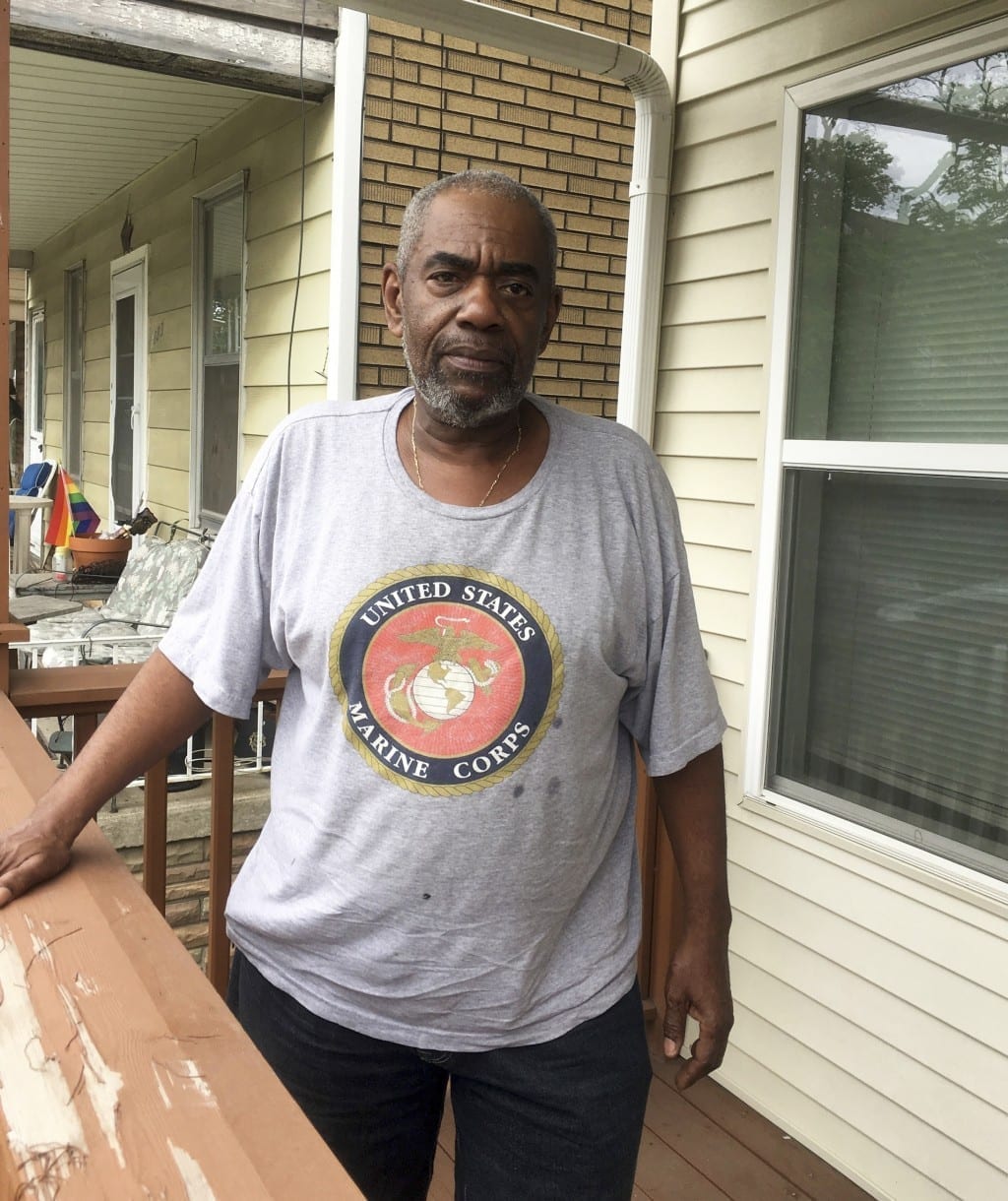Black residents of Hamtramck, MI, are back in court for a second time.
The plaintiffs were evicted from their homes a half-century ago, as the city pursued an aggressive campaign of urban renewal and revitalization.
Finally allowed to return to newly-constructed homes in Hamtramck some forty years after an initial, victorious lawsuit, residents say they’re now being ‘priced out’ by way of reevaluated property taxes.
“Astronomical,” said Mary Miner to The Washington Post.
Taxes on her two-story home rose 63 percent over the course of several years, totaling around $2,600.
“This is how I’m treated?” she asked, stunned at the result of a decades-long battle against prejudice.
Residents saw their homes demolished in the 1950s and 60s to make way for infrastructure projects – projects which, some say, were a thinly veiled cover for Hamtramck’s city council to rid itself of blacks.
In 1971, U.S. District Judge Damon Keith commented on the first piece of litigation, saying Hamtramck’s revitalization projects’ “total effect was [the] removal of black citizens.”
A decade after Keith decried the city’s urban renewal as discrimination in disguise, Hamtramck finally committed to building some 200 housing units, as well as a housing development for senior citizens. Construction was delayed almost indefinitely, into the 21st century, as the Detroit enclave fought fierce political opposition and struggled to find its footing financially.

The Washington Post claims the process of paying amends was so slow that ‘many victims of discrimination have benefited only in the past seven years.’
Today, the reevaluation of properties and their corresponding tax dues threaten to displace victim yet again.
“Plaintiffs now face losing their homes and being displaced a second time,” said attorney Michael Barnhart. “This is unconscionable.”
However, lawyers for the city are steadfast in their defense, saying it is “dangerously false” to allege Hamtramck is going after blacks with higher bills.
“We want them to stay and be part of the community,” said Mayor Karen Majeweski. “This was just part of a broader strategy to make sure we had accurate information about the value of our properties.”
Residents who persevered through discrimination and won the first lawsuit say they have no way to afford the higher tax bills.
“We’re poor, on fixed incomes, most of us,” said disabled veteran Kevin Fantory. The 62-year old former Marine says his taxes rose by $1,000, up to $2,800. “The city wants people who can pay taxes. We don’t fit their criteria.”
Barnhart says reparations for past discrimination should include bringing displaced residents back to Hamtramck, noting that low taxes are an “essential element” of affordable housing.
The Washington Post reports that Hamtramck city attorney Travis Mihelick promised flexibility in resolving the dispute, just as U.S. Magistrate Judge Elizabeth Stafford ‘halted tax collections at 68 houses and ordered both sides to talk over the summer.’
“This is something that hangs over our heads in terms of community relations and moral authority,” said Mayor Majewski. “It’s very important that we do the right thing. […] There has been just one obstacle after another.”
Hamtramck, a small enclave enclosed on all sides by the city of Detroit, has changed immensely in its ethnic makeup since its inception. Once shared almost exclusively by Polish immigrants and African-Americans, Hamtramck today hosts a large Middle-Eastern and South Asian community.
Sources
Black residents feel Hamtramck’s tax hikes are pushing them out
Black victims of decades-old discrimination fight tax bills


Join the conversation!